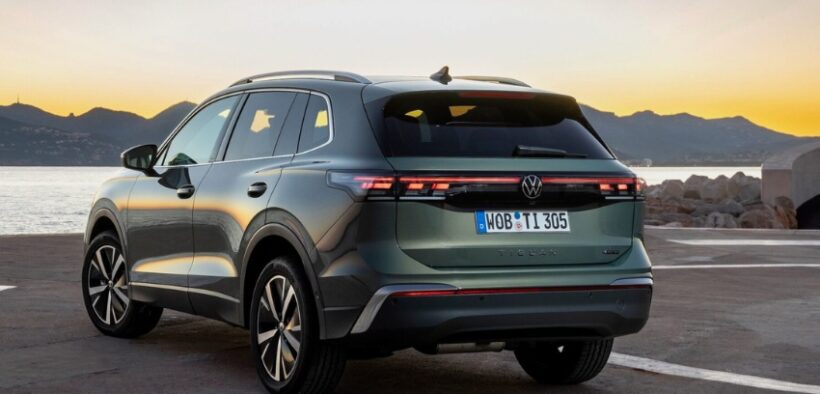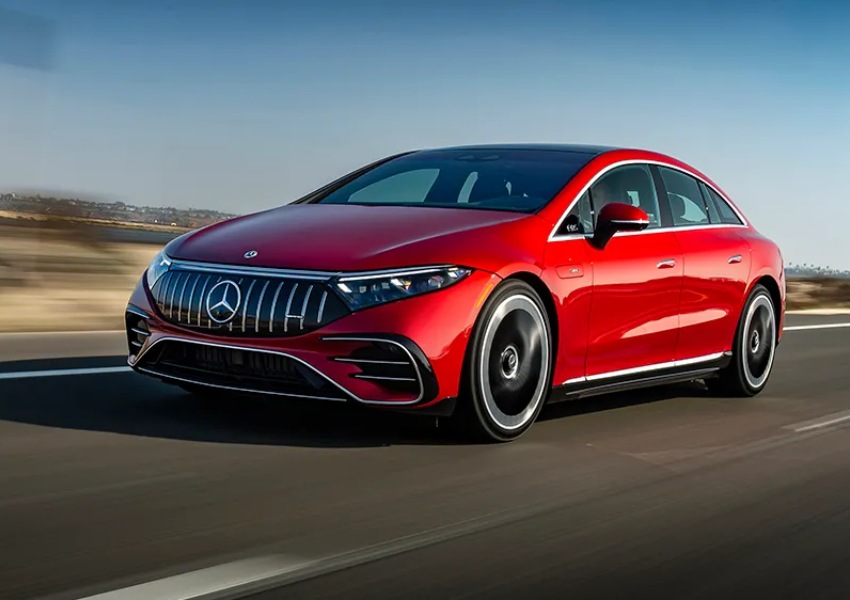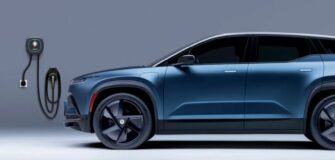Can European EV Manufacturers Compete with Chinese Imports Despite Tariffs?

Cover Image Credit: Bilbasen
In June 2024, the European Union made a bold move by imposing tariffs of up to 38.1% on Chinese-made electric vehicles (EVs). This decision follows an investigation into alleged unfair subsidies from the Chinese government that tilt the playing field in favor of domestic automakers. The EU argues that these subsidies threaten the economic interests of European EV producers, prompting the implementation of additional tariffs on top of the existing 10% duty on imported vehicles.
How Will These Tariffs Impact Chinese EV Makers?
For Chinese EV manufacturers, the new tariffs present a dual challenge. Established players like BYD, Geely, and SAIC face varying tariff rates — 17.4% to 38.1% — depending on their cooperation with the investigation. This could potentially raise the prices of popular models that have gained traction among European consumers. In contrast, newer entrants and less-established brands may find it difficult to absorb these additional costs, impacting their competitiveness in the European market.
Strategic Shifts and Alternative Approaches
In response to the tariffs, Chinese automakers are strategizing to mitigate their impact. Some are exploring partnerships and setting up production facilities within Europe itself. For instance, companies like Leapmotor are teaming up with established European automakers to manufacture EVs locally, thereby circumventing the import duties. Others may pivot towards exporting plug-in hybrid EVs, which are currently exempt from the tariffs, to maintain their market share and competitive edge.
The Uncertain Road Ahead: Potential Trade Implications
The effectiveness of the EU’s tariff strategy remains uncertain. While it aims to protect the interests of European EV producers, it also raises concerns about potential repercussions. A prolonged trade dispute could escalate into a broader economic conflict, affecting not only the automotive sector but also other industries. Moreover, European consumers might face higher prices and reduced choices if competition from Chinese EVs diminishes in response to the tariffs.
European Automakers and Market Dynamics
European automakers, such as BMW, Mercedes-Benz, and Volkswagen, are also closely watching these developments. These companies have substantial investments in the Chinese market and rely on it for a significant portion of their global sales. If the Chinese government retaliates with similar measures, imposing tariffs on European cars exported to China, it could adversely impact these automakers’ profitability and market share in the world’s largest automotive market.
Consumer Considerations: Impact on Your EV Choices
As a consumer, these developments could impact your future EV choices. While tariff rates are one consideration, factors such as technological innovation, brand reputation, driving range, and environmental sustainability will continue to shape your decision-making process. European automakers may focus on premium segments and technological advancements to differentiate themselves, while Chinese manufacturers might explore new avenues to maintain their market presence.

Image Credit: Robb Report
Environmental and Policy Implications
Beyond economic considerations, the tariffs on Chinese EVs raise important environmental and policy questions. The European Union has ambitious targets to reduce carbon emissions and phase out internal combustion engine vehicles by 2035. Access to affordable, electric alternatives plays a crucial role in achieving these goals. If Chinese EVs become less accessible due to tariffs, it could slow down the adoption of cleaner vehicles among European consumers, impacting overall environmental outcomes.
The Global Context: Tariffs in Comparison
The EU’s decision to impose tariffs on Chinese EVs mirrors similar actions taken by other regions, including the United States. Last month, the U.S. announced an increase in tariffs from 25% to 100% on Chinese EVs, citing similar concerns about unfair trade practices and subsidies. However, unlike the U.S., Europe has a deeper integration with Chinese EV manufacturers, making the impact of these tariffs potentially more significant.
Strategies for Adapting to Tariffs: Industry Response
In response to the tariffs, both Chinese and European automakers are exploring various strategies to adapt and mitigate potential losses. Chinese manufacturers are accelerating plans to localize production within Europe, reducing dependency on imports and tariff exposure. This shift not only helps in navigating regulatory challenges but also positions them strategically in the European market. Conversely, European automakers are evaluating their supply chains and exploring partnerships to ensure continuity in product availability and competitiveness.
The Role of Government Policies and Incentives
Government policies and incentives play a crucial role in shaping the future landscape of electric mobility. While tariffs aim to level the playing field and protect domestic industries, they must be balanced with incentives that promote innovation, sustainability, and consumer choice. European governments may need to consider enhancing subsidies for locally manufactured EVs or investing in charging infrastructure to support the transition towards electric mobility.
Navigating the Evolving Landscape
The EU’s decision to impose tariffs on Chinese EVs marks a significant chapter in the ongoing evolution of the global automotive industry. As these trade dynamics unfold, both European and Chinese automakers are likely to adapt their strategies to navigate regulatory challenges and consumer preferences. Whether you’re considering an electric vehicle for its environmental benefits or technological advancements, staying informed about these developments will be crucial in making well-informed choices in the evolving market landscape.
In summary, while tariffs aim to protect domestic industries, they also introduce complexities and uncertainties. As a consumer, understanding these implications can help you navigate the evolving landscape of electric vehicles and make decisions aligned with your preferences and values. It’s essential to stay informed about how these tariffs may impact pricing, availability, and innovation in the electric vehicle market, ensuring you’re prepared to make informed choices as the industry continues to evolve.









